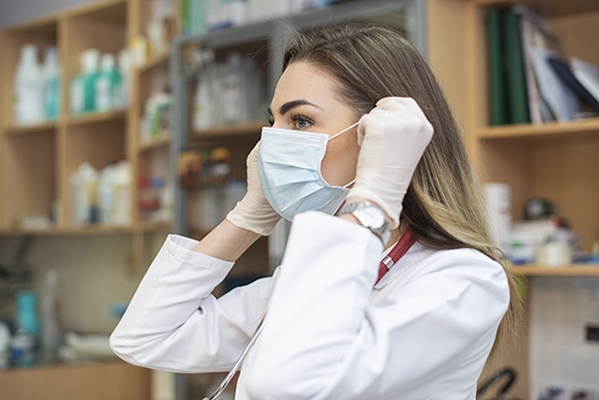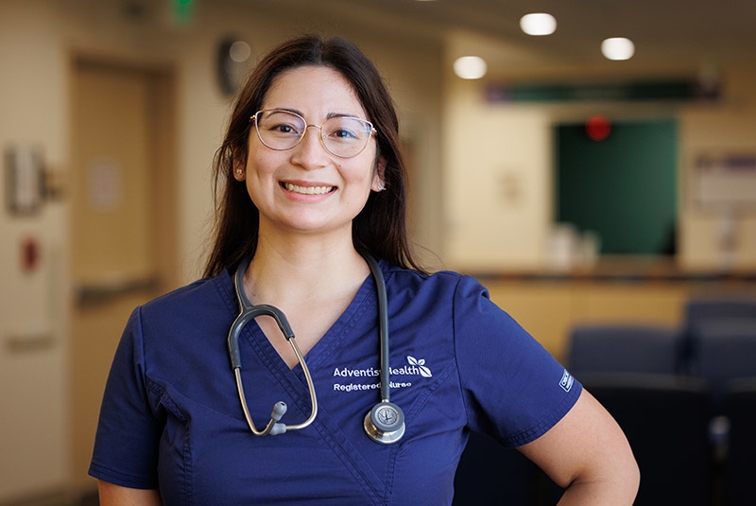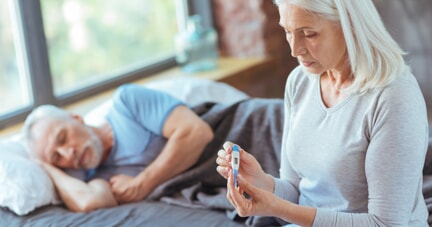COVID-19 Myths vs. Facts
Sep 17, 2020

**This blog is based on the best available information on August 25, 2020. Please consult the CDC for the latest available data regarding COVID-19.**
Almost every day, new information is posted online about the coronavirus pandemic. Your social media feed is probably alive with a wide range of competing “facts” about COVID-19 and how best to respond to it.
We asked Dr. Joseph Kim, an internal medicine doctor at our Clackamas primary care clinic, to weigh in on some of the COVID-19 stories and explain what is fact and what is fiction.
Myth or fact: Testing positive for COVID-19 antibodies means I am immune now
Like many things about this new coronavirus, our understanding about immunity is changing almost daily. While there is some indication that people who have recovered from COVID-19 may have some immunity, the jury is still out on how much or for how long.
“We don’t have enough epidemiologic information to know this yet,” Dr. Kim explains. “Further, it may depend on the individual’s immune response as to whether the antibodies are protective and lasting.”
Myth or fact: Recommendations about COVID-19 change a lot because it's a new disease
“It depends on what your definition of ‘a lot’ is,” says Dr. Kim. Regardless, recommendations change as more is learned about this novel virus.
The best way to keep safe and well is to follow the latest recommendations of state and local health officials. Hand washing, mask wearing and social distancing continue to be leading ways we can work together to slow the spread of COVID-19.
Myth or fact: I need to wear a mask while exercising outside
This depends on the situation. “If in a densely populated area or trails where you frequently go past other people, then yes, wear a mask,” Dr. Kim recommends.
In areas where you can maintain at least 6 feet from other people, you can skip the mask. Because situations can change quickly, it’s a good idea to keep a mask with you at all times so you can put it on when needed.
Myth or fact: COVID-19 is the big worry this year, not the flu
As we move into fall and winter, we have every reason to believe seasonal flu will begin making its typical rounds in Portland. Hopefully all the increased attention to good hygiene and wearing masks will also lower the spread of colds and flu.
That said, your annual flu shot remains an important way to lower your risk of getting the flu. And the last thing you want is to find yourself sick with both the flu and COVID-19 at once.
Myth or fact: We still have a long way to go fighting this pandemic
This is a definite fact, says Dr. Kim. Because this coronavirus is new to the human population, there is still a lot we don’t know. Scientists and researchers are working hard at evaluating the best ways to treat COVID-19 and prevent its spread. Many are quickly working to create a vaccine to help stop the spread.
All this takes time and means we have new — and sometimes different — information daily. That’s why it’s important to stay on top of the latest recommendations, even if they sound different week to week.
Myth or fact: Wearing a mask can make me sick or brain damaged by reducing my O2 supply
This is definitely a myth, says Dr. Kim. Surgical and homemade masks allow plenty of oxygen to enter your body. The carbon dioxide you breathe out dissipates quickly too.
Health care providers wear masks all the time, for many hours at a time. Even before COVID-19, doctors and nurses working with at-risk patients or in operating rooms routinely wore masks even for 12-hour shifts. No one got sick. No one ran out of oxygen.
Masks are better at stopping the spray of breath, a cough or a sneeze than using a tissue or the inside of your elbow. But they are only one part of the many ways we can work together to slow the spread of the coronavirus. Hand washing, social distancing and staying isolated when you’re sick are important factors too.
Worried about COVID-19?
If you’re concerned you have exposure to or symptoms of COVID-19, call your primary care office. If you don’t have a primary care provider, Dr. Kim is welcoming new patients at Adventist Health’s Clackamas clinic. Just call 503-261-6929, and we will help set up your first visit.
Related articles

What the End of the COVID-19 Public Health Emergency Means for Your Healthcare
May 23, 2023

How COVID-19 survivors can give back during National Blood Donor Month
December 31, 2021

Is it COVID or the flu? What to do if you get sick this winter
December 10, 2021